Today, let us take you to Maganja da Costa, a district in Zambézia Province, Mozambique, to experience the impact of Tropical Cyclone Freddy.
Be ready to experience the storm's intensity, as ferocious winds and heavy rains destroy livelihoods, homes and anything else in the storm’s path. Feel the fear and hopes, and listen to the personal stories of the children, families and teachers affected by the storm.
Education in the eye of the storm is a virtual reality project that enables users to experience how the education of children and youth is being impacted by climate-related events, and how children and their families and communities are responding and adapting.
Through a web 360° immersive experience, users can access videos, photos, interviews and other content to understand the enormity of the destruction caused by Freddy – and the consequences for children’s education.









